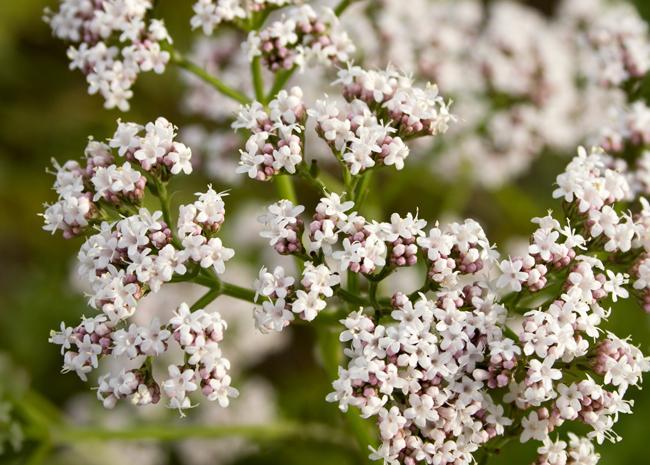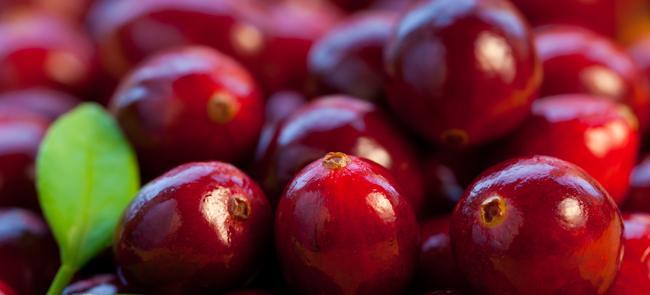Phytotherapy clearly has its place in modern-day medicine. It can provide an alternative to allopathic treatments for the most common complaints, and in many cases, it can also be used in conjunction with it to improve tolerance or enhance efficacy.
For everyday ailments
Sleep disorders
Phytotherapy can often be used as first-line treatment for sleep disorders.
Insomnia is a common disorder affecting 9% to 15% of the general population worldwide. In primary care, insomnia treatment typically consists of hypnotic drugs.*
The side effects of these treatments are well known: memory and behavioural disorders, increased risk of falling in elderly people, and tolerance development which requires higher doses to achieve the desired result and leads to dependency.
*https://www.sciencedirect.com/science/article/pii/S0020748917300809?via%3Dihub

ENT or respiratory problems
For common ENT or respiratory problems such as coughs, colds and sore throats, plants can also be used as the preferred treatment to relieve symptoms and limit the risk of bacterial secondary infections.
In this case, echinacea is the go-to solution. Along with clearly proven antiviral and antibacterial properties, its immunomodulatory properties have been confirmed by many studies. Cypress and elderflower also have powerful anti-inflammatory and antiviral properties which is why they are used to treat winter infections. The antiseptic and expectorant Scots pine is the most commonly used plant for respiratory issues with a chesty cough. Similarly, plantain, has been used for chest and lung complaints for years due to its anti-inflammatory and cough-suppressant properties.

Digestive disorders
For digestive disorders, certain plants such as artichoke, black radish, fumaria, lemon balm and dandelion improve digestive secretions and gastric motility. Artichoke and black radish, used to improve digestion since ancient times, contain active ingredients which modulate bile secretion and play a key role in liver cleansing. Lemon balm’s calming and antispasmodic effects, which have been proven by a number of studies, mean that it has been used for years to treat stomach ache and abdominal spasms, especially when stress related.

Acute or chronic pain
To relieve acute or chronic pain and limit the use of conventional anti-inflammatories, we can use willow or meadowsweet, or devil’s claw, figwort, turmeric or blackcurrant. Willow and meadowsweet contain salicylate derivatives, precursors of aspirin. Blackcurrant reduces inflammation and protects joints, and its medicinal virtues were documented as far back as the 16th century. Turmeric has been used for thousands of years in Asia for its anti-inflammatory and antioxidant properties. Devil’s claw, which contains harpagosides with anti-inflammatory and analgesic properties, is used to treat acute and chronic inflammation in joint disorders.

Used alongside allopathic treatment
Plants can be used for many medicinal purposes alongside conventional treatment. For example, they can be used with sleeping pills to reduce the dose and facilitate withdrawal, or used with an antidepressant to enhance its efficiency and possibly even to reduce the dose.
For prevention, certain plants can help to limit recurrent episodes of peptic ulcer, such as liquorice, which inhibits gastric secretions and contains polysaccharides which prevent the adhesion of Helicobacter pylori to the stomach lining.
Cranberry is used and even recommended by health authorities for preventing recurrent cystitis.

Sources :
- Jacques Fleurantin (2013) Du bon usage des plantes qui soignent. Published by Ouest-France.
- Eric Lorrain (2019) Grand Manuel de phytothérapie. Editions Dunod.
- Jean-Pierre Théallet (2016) Le guide familial des plantes qui soignent. Published by Albin Michel.
- Documents published by the Institut Européen des Substances Végétales: Les plantes médicinales 2016-2017.
- « Cystite aiguë simple, à risque de complication ou récidivante, de la femme » HAS 2016.
